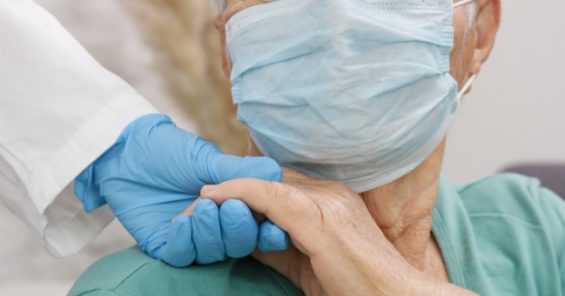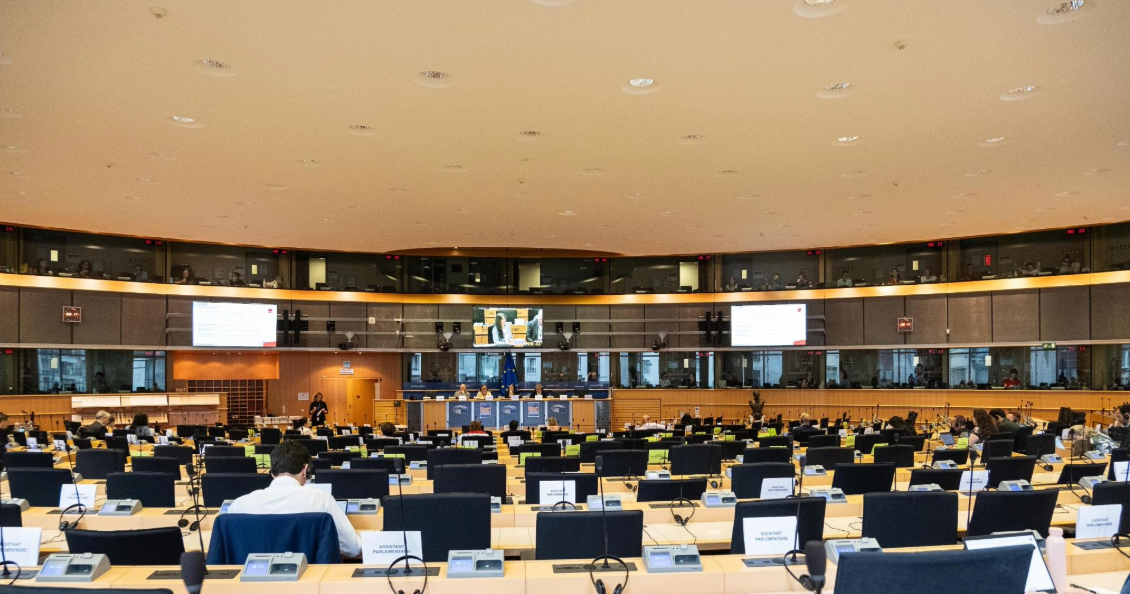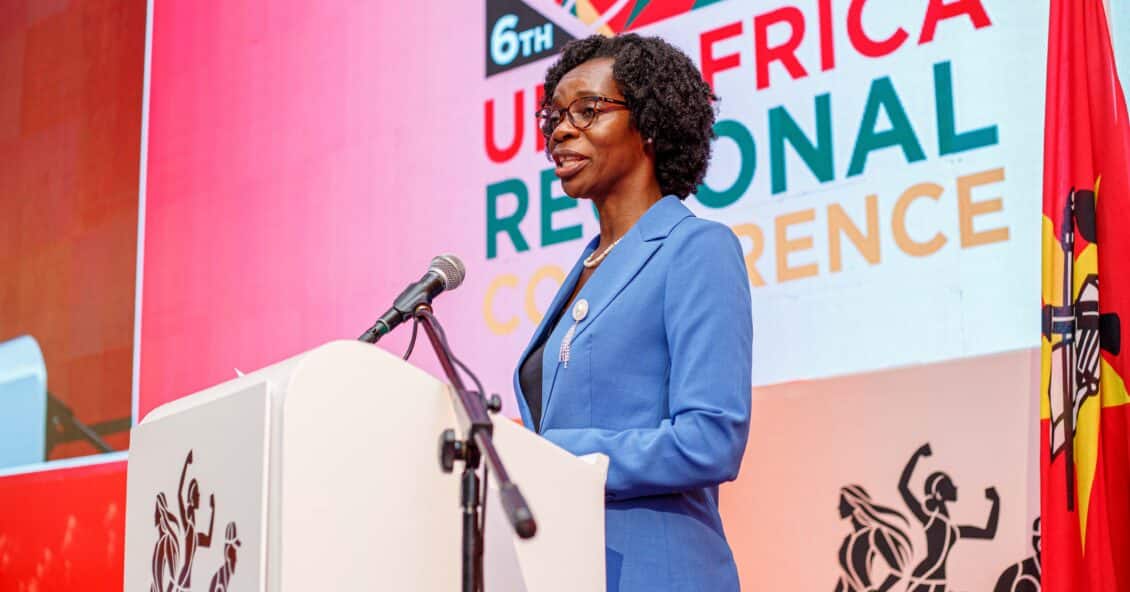Orpea scandal underscores need for change in long-term care
27.01.22
The recent scandal surrounding global long-term care giant Orpea’s French operations further exposes long-standing problems in the nursing home industry and points to the critical role unions, regulators, elder organizations and socially responsible investors must play in raising standards in the sector.
UNI’s General Secretary Christy Hoffman said the following:
“The allegations against Orpea are deeply disturbing. But given UNI’s research into the global long-term care sector globally, they are not shocking, and the problems they describe are not new. Understaffing, rationed care, inadequate safety protections, and other horrors are the result of a relentless drive to cut costs. However, these short-term savings come at the expense of workers, residents and the company’s long-term sustainability.
“This ongoing scandal underscores the need for a transformation of the long-term care sector, including strengthened due diligence for residential care operators and their investors. A growing number of responsible funds and investors are holding long-term care companies accountable to a new set of standards—including staffing, safety and union representation. The new reports about Orpea show that these standards have never been more urgent.”
In dozens of countries, UNI is supporting care workers organizing with their unions to improve working conditions and the quality of care. UNI is also in dialogue with several multinational care companies, relating to raising standards on the job, improving employee retention and occupational health and safety. In Europe, it is advocating for a worker-led, EU-wide approach to care that embedded in social dialogue, which, in light of recent allegations towards ORPEA, seems more important than ever.
Research by UNI Global Union’s Care sector finds that the problems journalists allege at Orpea are endemic in the care industry. A survey of 3,000 care workers one year into the pandemic uncovered that understaffing was the top concern for roughly half of respondents. Nearly three-quarters said that inadequate staffing had an impact on their ability to deliver high-quality care. Additionally, one-third of respondents did not have access to necessary personal protective equipment. In many countries, nursing home employee was among the most dangerous jobs.
During the pandemic’s first waves, nursing home residents accounted for 41 per cent of all COVID-19 related deaths, and hundreds-of-thousands of nursing home workers also became infected.
Last year, UNI Global Union coordinated with more than 100 investors —with US$3.45 trillion in assets under management—to launch a set of expectations for investee companies, such as adequate staffing levels, expanded collective bargaining and union representation, improved health and safety, liveable wages, and enhanced quality of care.
To ensure that companies meet its expectations, the coalition of investors is calling for enhanced board level oversight—including making sure directors have the expertise to effectively implement investors’ standards. Companies in the sector should also disclose how the risks addressed by the newly set expectations are monitored, managed, and integrated into management incentive schemes and performance targets.


